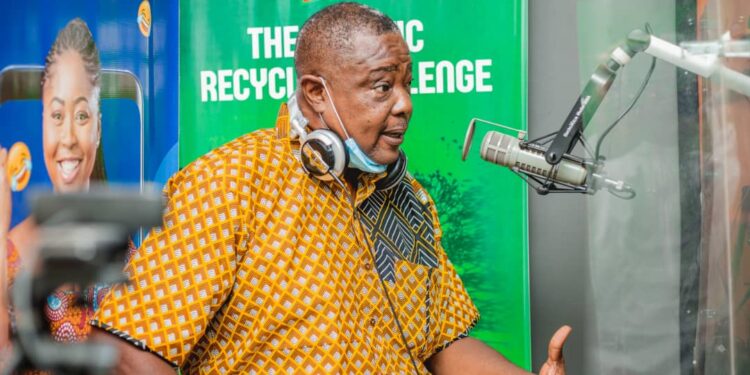Ghanaian recording engineer and music producer, Emmanuel Zapp Mallet, says he prefers Jamaican dancehall music to Ghanaian dancehall music.
According to him, Jamaican dancehall music allows him the opportunity to learn from music while the dancehall music from Ghana only “throws things together”.
He made this known during an interview on the Y Leaderboard Series with YFM’s Rev. Erskine.
“I really like the dancehall genre. When I hear dancehall, I like to listen but not Ghanaian dancehall. I like to hear original Jamaican dancehall. And when I listen to music, I listen because I want to learn. I hear sounds, break them down and analyze but when I listen to ours, I don’t get anything like that. They just throw things together”.
Explaining why there seems to be a difference between the two, Zapp Mallet educated that usually producers in Ghana do not put in enough work into the music.
“Experienced producers will sit down and plan but here it’s like the sound has been done already so the artiste just sings on it and we are good to go. In three hours, the song is done. A whole song is done in three hours so what do you expect? But when you are listening to products from outside there is a lot one can learn from it”.
Meanwhile, Zapp says his view on Ghanaian dancehall music is not to discourage anyone from doing dancehall music in Ghana.
Dancehall music, also called ragga or dub, is a style of Jamaican popular music that had its genesis in the political turbulence of the late 1970s and became Jamaica’s dominant music in the 1980s and ’90s. Central to dancehall is the deejay, who raps, or “toasts,” over a prerecorded rhythm track (bass guitar and drums), or “dub.”
By: Alberta Dorcas N D Armah






